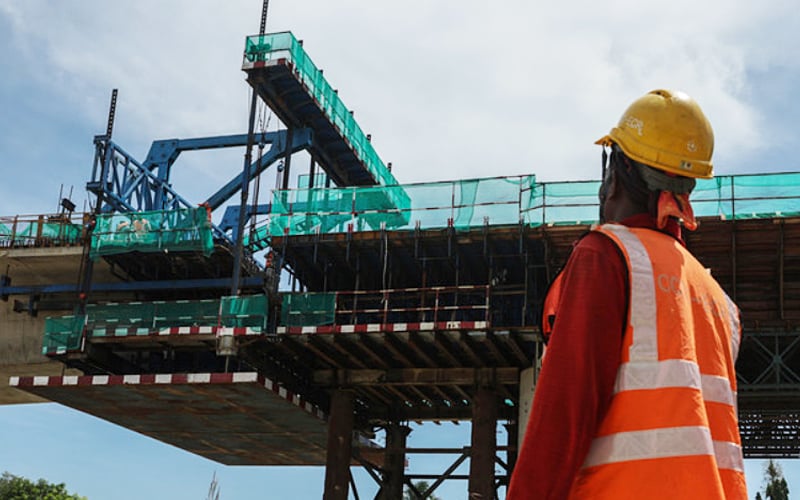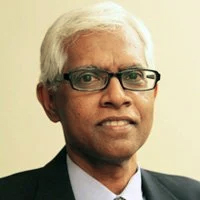
PETALING JAYA: Malaysia embraced China’s Belt and Road Initiative (BRI) when it was launched in 2013 but a decade on, views on its impact on the country has been mixed at best.
Even the much hyped-up East Coast Rail Link (ECRL) has courted controversy.
Work on the ECRL project began in August 2017 but just a year later, it was suspended.
Over the years, the project has been subject to renegotiations over costs and realignment.
In 2018, when the Pakatan Harapan coalition swept the Barisan Nasional out of office, the ECRL project quickly came under review.
The RM50 billion cost was deemed too high. In fact Mahathir Mohamad, who had returned for his second stint as prime minister, claimed it was RM30 billion too expensive, a sum he alleged was to be used to pay down debts incurred by 1Malaysia Development Bhd.
But the ECRL is not the only project launched in Malaysia under the BRI, a global initiative by Chinese President Xi Jinping.
Among other projects under the same initiative that have become similarly controversial are the petroleum and gas pipeline in Sabah and Forest City in Johor.
Meanwhile prospects for the RM43 billion Melaka Gateway project appears bleak now that the state government has terminated the contract with the local company responsible for reclamation work.
The pitfall

Economist Carmelo Ferlito, who is CEO of the classical liberal think tank Center for Market Education, believes the BRI model “hinges on harmful debts” for the receiving country.
On the other hand, Shankaran Nambiar of the Malaysian Institute of Economic Research (MIER) believes the economic cooperation with China “means a lot to Malaysia”.
Citing the Indonesian and Sri Lankan experience, Ferlito said Malaysia should stay away from the China economic model.
“Indonesia’s first high-speed train linking Jakarta and Bandung and the commitment to turn Sri Lanka into ‘the hub of the Indian Ocean’, failed and resulted in high debts,” he told FMT Business.
He claimed that the growth of China has been fuelled by government spending “without consideration for long-term consequences and a reliance on extremely high private debt”.
“Malaysia should avoid the Chinese economic model, which is marked by neo-colonialism through debt and misguided mega project spending,” he added.
Ferlito said Malaysia should instead focus on long-term strategies such as educational reform, promoting entrepreneurship and industrial consolidation.
“These measures can stimulate indigenous technical progress and contribute to sustainable development in the country,” he added.
Where Malaysia can benefit

Shankaran said Malaysian companies should have a stake in the projects under the BRI initiative given that they are co-builders.
“There should be local content and we have to make sure local talent is involved, and there should be transfer of technology,” he told FMT Business.
“We should maximise its potential by fostering strong partnerships,” he added.
However, he also stressed that there is a need to examine the economic-security nexus. “Economic benefits should not come at the cost of neglecting security implications,” he said.
On the other hand, he said, denying the economic benefits of the cooperation with China would mean turning back the clock.
“It would be naive to think that any economic engagement with China should be viewed with suspicion,” he added. - FMT



No comments:
Post a Comment
Note: Only a member of this blog may post a comment.